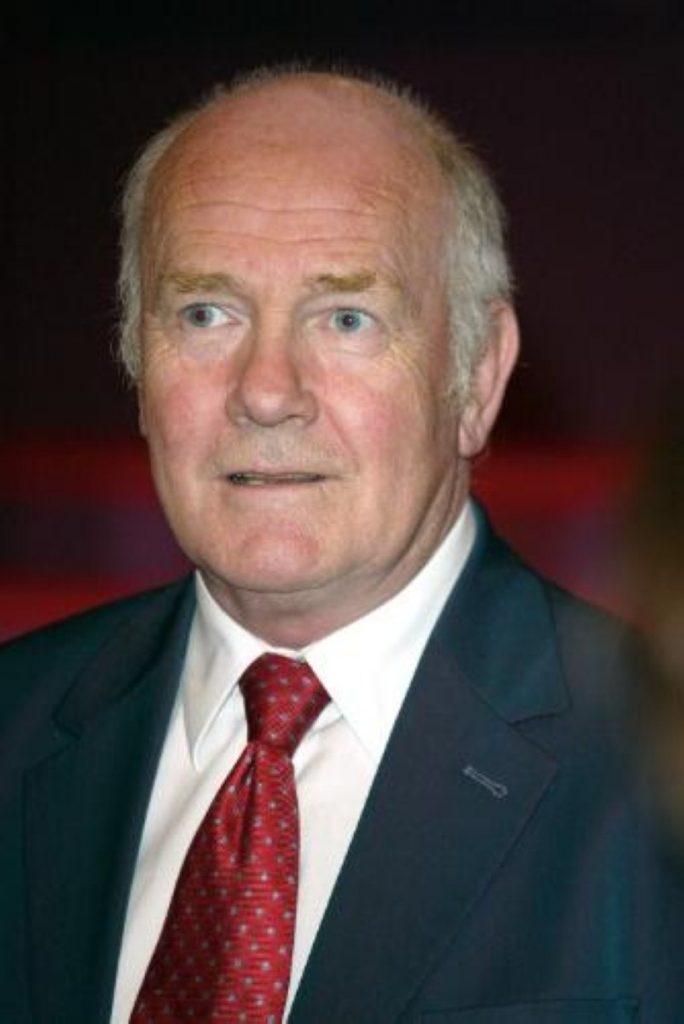Reid promises 1000 new dentists
The Health Secretary has said the Department of Health will recruit 1000 new NHS dentists by October 2005.
In a shake up to the dentistry system, designed to ensure greater access to NHS dentists, Dr John Reid has announced an increase in funding of £368 million, more undergraduate places and a new NHS dental contract.
Tony Blair said five years ago that everyone should have access to a dentist, but in 2002 the Audit Commission warned that in England and Wales four out of ten dentists would not accept any new patients.
Lack of access to dentistry also tends to be closely linked with depravation.


The key pledge of the equivalent of 1000 new NHS dentists is expected to be achieved by recruiting internationally, through existing dentists giving the NHS greater commitment and by attracting dentists back to the NHS from career breaks or the private sector.
From October 2005 the Government will fund 170 extra undergraduate dental places, capital investment of £80 million over four years and extra funding of £250 million, with a further £9 million allocated directly to practises to help them modernise.
Launching the proposals, Dr Reid said: “I have demanded we recruit 1000 more NHS dentists immediately to make it easier for people to see an NHS dentist, but I also want to reform the system so dentists want to work for the NHS in the future.
“Dental services will be properly integrated with the rest of the NHS providing better access to services and an improved patient experience. The package of measures I’ve announced today represents an unprecedented level of Government commitment and investment in NHS dentistry.”
Speaking to reporters after the launch, the Health Secretary said that the plans would ensure that two million more people had routine access to dentists.
He insisted he had listened carefully to dentists before recommending the changes, saying the contract was being introduced “cautiously and in consultation with [our] dental colleagues”. It would also prove far less complicated and bureaucratic, thus removing the “push factor” that was driving dentists away from the NHS and into private practice.
It was important to provide an incentive for dentists in private practice to return to NHS practice, Dr Reid said.
Responding to questions on his long-term vision for dentistry, Dr Reid said it was reluctant to publish the targets at this stage. However, the long-term aim was to move beyond the Government’s pledge to ensure everyone had access to a dentist for emergency treatment – which had been achieved – and make sure everyone had convenient access to a dentist for regular treatment.
Explaining the new contract procedures, Health Minister Rosie Winterton, said: “Our plans will underpin a modernised, high-quality primary dental service provided through contracts between Primary Care Trusts and dental practices.
“The new contract will put NHS dentistry on a solid footing by getting rid of bureaucracy and making sure new ways of working, designed to deliver the best oral health for patients, are well rewarded.
Under the plans dentists will receive payment for the number of patients they take on, rather than a fee per treatment as is currently the case. NHS Trusts, rather than central government, will also have control over dentistry funding.
Paul Burstow, the Liberal Democrat health spokesman, was unconvinced about the plans. He said: “For seven years the Government has promised to fix NHS dentistry, but in that time more and more people have found it harder to find an NHS dentist.
“The crisis in NHS dentistry was started by a botched Conservative central contract, but Labour’s neglect has made matters worse.”

